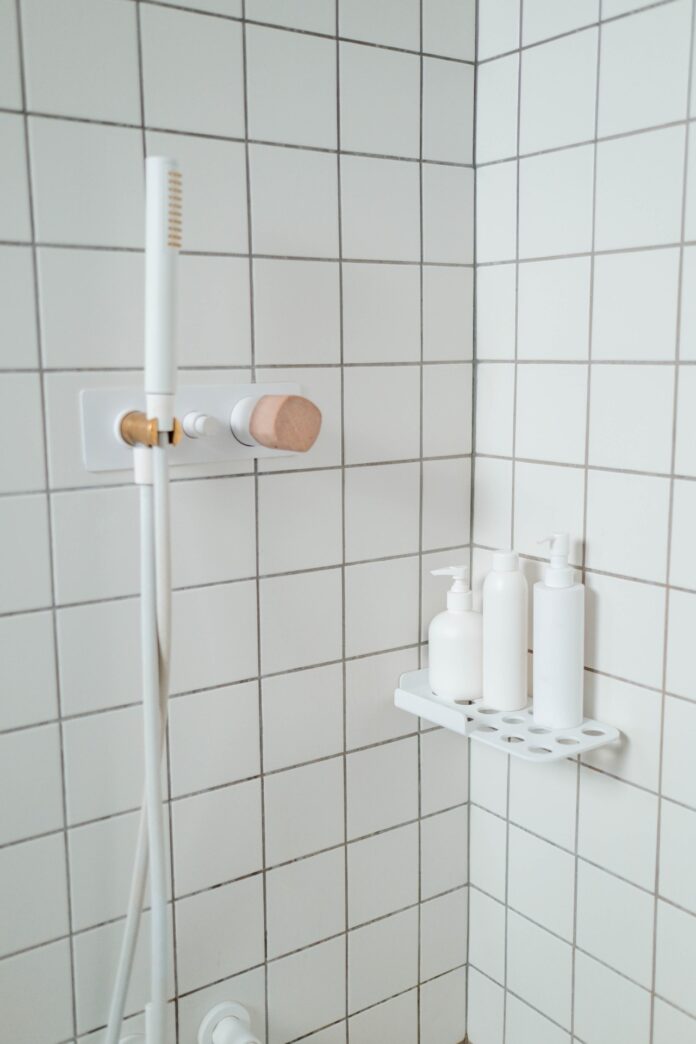In the UK, eight million people have been diagnosed with asthma (Source: British Lung Foundation), a condition which can cause coughing, wheezing, chest tightness and breathlessness.
If you’re one of the 5.4 million people currently receiving treatment for asthma (Source: British Lung Foundation), increasingly humid conditions this summer could aggravate your condition. With the air becoming more stagnant, this can trap dust, pollens and mould, causing potential triggers to your asthma.
But did you know that interior choices in your home can actually affect allergy sufferers, even down to the kind of paint you choose?
Cathryn Sanders, Interior’s Expert at low VOC paint supplier, Earthborn, has released tips to explain which elements of the home may trigger allergies for people with asthma, along with interior choices to minimise this.
-
Consider VOCs when choosing paint and carpet
“If you, or a member of your family, suffers from asthma, it’s always a good idea to reduce the level of VOCs in your home. VOC stands for Volatile Organic Compound and they can be released from paints, carpets, air fresheners, cosmetics and even newspapers!”
“Paint is a common source of VOCs and it is a legal requirement for paints to declare their level of VOC content, as exposure to high levels of VOCs can cause both short and long-term health problems.”
“Opt for a paint which emits low levels, and ideally paints which are virtually VOC free. It is widely accepted that products that emit under 30 grams per litre are considered low, with virtually VOC free at 0.5 grams per litre.”
“To further reduce your exposure to VOCs, only buy what you need to limit your exposure. If you have any leftover paint, make sure to seal the lid tightly before storing it; this also helps to extend the life of leftover paint.”
-
Choose dust-proof furniture
“Dust mite droppings are a common trigger of asthma symptoms. The tiny insects live in dust particles which naturally accumulate in our homes. To curb this trigger, it’s important to reduce the number of places possible for dust particles to collect in, and keep your home clean.”
“If you live with someone who suffers from asthma and are looking to redecorate, choose furniture which can be wiped clean, such as leather, vinyl or wood as upholstered furniture can trap allergens. In the same vein, replacing blinds and long drapes with window shades or washable curtains allows less dust to be collected.”
“It’s also a good idea to replace wall-to-wall carpets with flooring such as hardwood, tile and linoleum and opt for a small rug. If this isn’t an option for you, be sure to keep on top of vacuuming your home.”
-
Invest in a pet bed cover to keep pet dander at bay
“Unfortunately for animal lovers, pet dander- the tiny flakes of skin shed by pets such as cats and dogs- can trigger asthma attacks but there are measures that you can take to reduce your risk.”
“Invest in a zippable cover for your pet’s bed, which helps to reduce allergens- check that it is machine washable and is dust-mite proof for the best results. To avoid your pet’s bed cover from looking like an eyesore, opt for colours which compliment the colour scheme of your living room.”
-
Consider your flooring choices to prevent mould
“Mould in the home can cause asthma to flare up. Mould spores produce allergens and irritants which can lead to an allergic reaction and cause asthma attacks.”
“To prevent mould from growing, it’s best to reduce the amount of moisture in your home, through a number of different means.”
“Bathrooms can be particular problem areas so it’s important to consider your flooring choices. Ceramic and porcelain tiles can be a great option as they are both resilient and waterproof.”
“Be sure to use a bathroom extractor fan to keep the room as dry as possible. It’s also a good idea to invest in a dehumidifier or handheld cleaner which sucks up moisture, to keep surfaces dry. If mould is becoming a problem, wash your shower curtains and treat your bathroom tiles with an eco-friendly mould remover spray.”
-
Be careful with your choice of candles and air fresheners
“Although scented candles and air fresheners smell nice, they can be an irritant for asthma sufferers as they emit VOCs. If you find that you are coughing, or feel more breathlessness, from lighting a scented candle or spraying an air freshener, we would recommend avoiding these.”
“When decorating, opt for a beeswax candle instead because these are the cleanest candles. Limit the amount of time that you are burning your candle for, and consider using a candle snuffer instead of blowing your candle out, as that allows the candle wick to smoke.”
Explore Earthborn’s range of low VOC claypaints to help allergy-proof your home this summer.
Help keep news FREE for our readers
Supporting your local community newspaper/online news outlet is crucial now more than ever. If you believe in independent journalism, then consider making a valuable contribution by making a one-time or monthly donation. We operate in rural areas where providing unbiased news can be challenging. Read More About Supporting The West Wales Chronicle






















